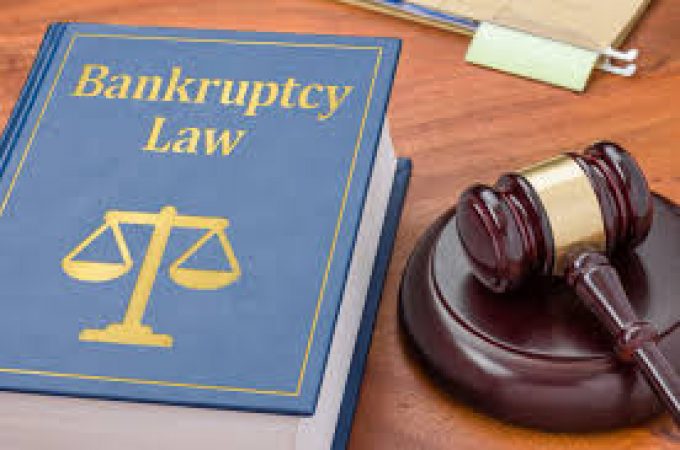If you’re drowning in debt, bankruptcy is only one choice. When you have explored all other possibilities for meeting your financial commitments but still cannot afford your debts, it is usually time to declare bankruptcy. If you have enormous debts that you cannot repay, are behind on your mortgage payments and face foreclosure, or are receiving calls from bill collectors, it may be time to file bankruptcy.
Bankruptcy can often be used to decrease or eliminate debts, save your house, and put bill collectors at bay. However, it has major financial ramifications, including long-term damage to your credit score. This, in turn, may have an impact on your ability to borrow in the future.
Key Points
- Filing for bankruptcy may be necessary if your bills have gotten unmanageable and you have exhausted all other alternatives for repaying your debt.
- The two most prevalent types of personal bankruptcy, Chapter 7 and Chapter 13, will remain on your credit report for ten and seven years, respectively.
- Consider other options for dealing with your debt before filing bankruptcy, such as approaching your creditors to negotiate payments or balances.
- Many lenders provide programs to help consumers who are experiencing difficulty making mortgage payments.
What You Should Do Before Filing for Bankruptcy?
Bankruptcy is often regarded as a final resort for persons who are deeply in debt and see no way out. However, before declaring bankruptcy, it is wise to investigate certain options. They are less expensive than bankruptcy and are less likely to harm your credit record.
Your creditors, for example, may be eager to compromise. Rather than waiting for a bankruptcy settlement and risking receiving nothing, some creditors will agree to take lower payments over a longer period of time.
In the case of a home mortgage, contact your loan servicer to learn about your choices. Some lenders provide options such as:
- Forbearance. This may allow you to defer payments for a period of time.
- Loan Restructure. The lender may also agree to modify the terms of your loan, such as lowering your interest rate for the remaining term.
- Repayment Schedules. A repayment plan may result in lesser payments spread out over a longer period of time.
Even the Internal Revenue Service (IRS) is frequently eager to bargain. You may be eligible for an offer in compromise if you owe taxes and the IRS agrees to accept a reduced sum. The IRS also offers payment plans, which allow eligible taxpayers to pay their debts over time.
In Conclusion
Bankruptcy is a legal process that allows you to dismiss numerous sorts of debts, stop collection calls, and start rebuilding your financial life. Chapter 7 and Chapter 13 personal bankruptcy can allow you to discharge your debts by liquidating your assets or forming a long-term repayment plan.
Consider speaking with a financial counsellor or a Texas Chapter 7 Bankruptcy Attorney before filing for bankruptcy to explore other possibilities or getting the better results. Only a professional can make the things easy & smooth.


